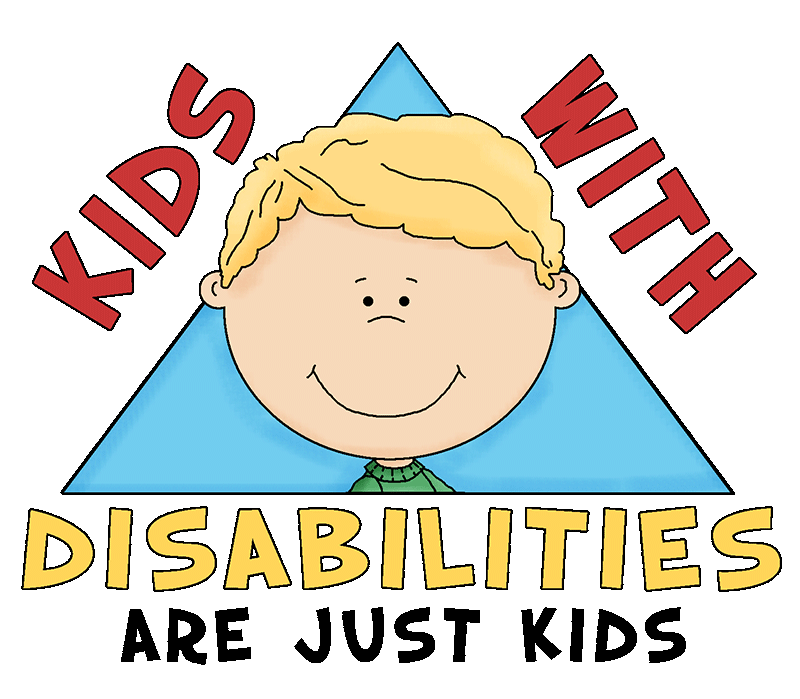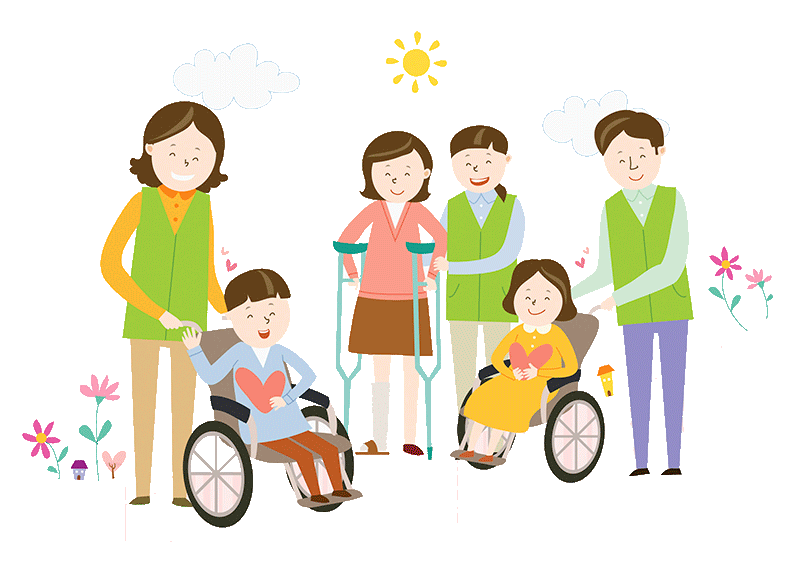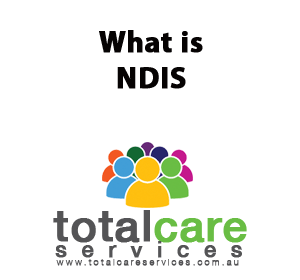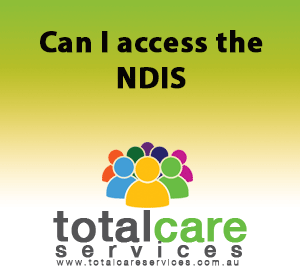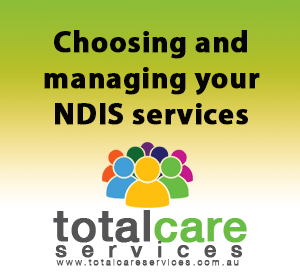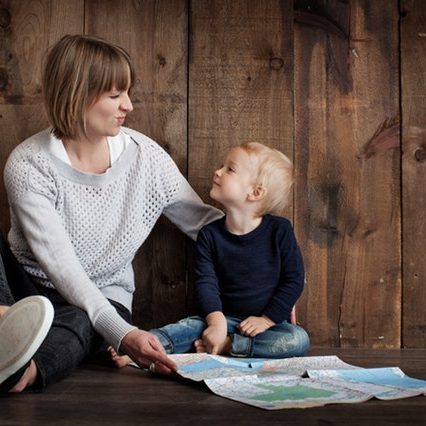The National Disability Insurance Scheme (NDIS) and Peer Support play crucial roles in empowering individuals with disabilities, fostering inclusion, and promoting self-advocacy.
The NDIS is an Australian government initiative that provides funding and support to people with disabilities, enabling them to access necessary services and supports. It is designed to give individuals more choice and control over their lives, allowing them to set their own goals and tailor their support services to meet their unique needs. The NDIS aims to enhance the overall quality of life for people with disabilities and promote their participation in all aspects of society.
Peer Support, on the other hand, refers to the provision of support and guidance by individuals who share similar lived experiences. Peers are individuals who have firsthand experience with disability and have overcome or are navigating similar challenges. Peer Support offers a safe and understanding environment where individuals with disabilities can connect with others facing similar situations, share their stories, exchange knowledge, and provide mutual encouragement and empowerment.
Peer Support can take various forms, including one-on-one mentoring, support groups, online communities, and workshops. It allows individuals to access valuable insights, practical advice, and emotional support from those who have been through similar experiences. Peer Support plays a vital role in promoting self-advocacy, building resilience, and fostering a sense of belonging and community among individuals with disabilities.
In the context of the NDIS, Peer Support can complement formal supports and services by providing an additional layer of assistance that is grounded in shared experiences. Peers can assist individuals in navigating the NDIS system, understanding their rights and entitlements, and making informed decisions about their support plans. Peer Support can also empower individuals to set and achieve their goals, develop self-advocacy skills, and explore opportunities for personal growth and social participation.
Overall, the NDIS and Peer Support work hand in hand to empower individuals with disabilities, promote inclusivity, and enhance their overall well-being. By combining formal supports with the lived experiences and wisdom of peers, individuals with disabilities can lead more fulfilling lives and actively participate in their communities.



